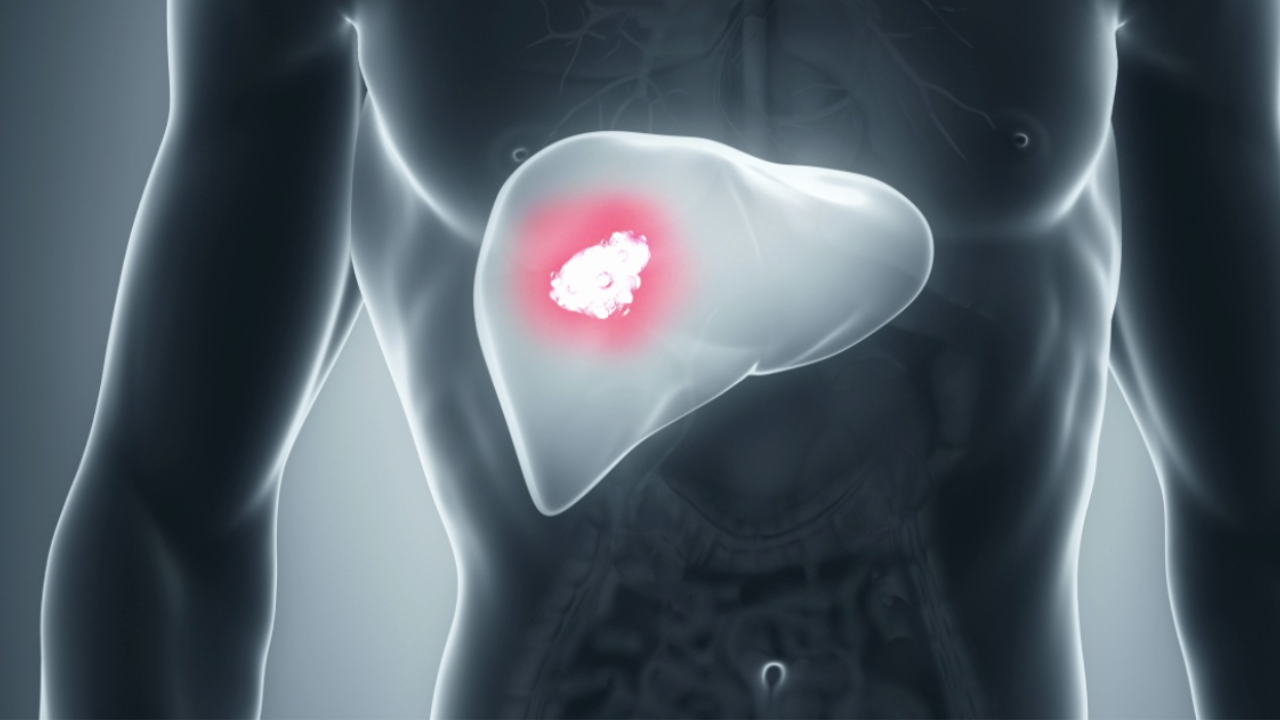Liver Cancer and Mental Health: How to Deal with Stress, Anxiety, and Depression

Liver cancer is one of the prominent types of cancer affecting many globally. Getting diagnosed with liver cancer impacts not only physical health but also mental well-being. The emotional toll of battling liver cancer often leads to stress, anxiety, and depression. Understanding how to cope with these mental health challenges is crucial for patients and their families. Taking a proper approach to deal with the mental toll that is inflicted by liver cancer can help in reducing it and introducing a more positive attitude.
The Emotional Impact of Liver Cancer
Liver cancer diagnosis can trigger a range of emotions, including fear, uncertainty, and sadness. These feelings can evolve into more severe mental health issues if not addressed properly.
The Psychological Toll
The psychological toll of liver cancer is significant. Patients may experience:
- Stress
The uncertainty of the future, treatment outcomes, financial toll of the treatment on loved ones and potential side effects can cause immense stress.
- Anxiety
Worries about the progression of the disease, treatment effectiveness, and the impact on family and work life can lead to anxiety.
- Depression
Prolonged sadness, hopelessness, and a lack of interest in daily activities are common symptoms of depression in cancer patients.
Strategies to Manage Stress
Managing stress is vital for improving the overall quality of life for liver cancer patients. Here are some effective strategies:
- Mindfulness and Relaxation Techniques
Practising mindfulness and relaxation techniques can significantly reduce stress levels. Techniques such as deep breathing exercises, meditation, and yoga can help calm the mind and reduce anxiety.
- Physical Activity
Engaging in regular physical activity, as advised by the doctor can improve mood and reduce stress. Activities like walking, swimming, or gentle stretching can be beneficial. But it is important not to overdo these activities beyond the permissible limits suggested by the doctor.
- Professional Counselling
Seeking help from a mental health professional can provide patients with coping strategies and emotional support. Cognitive-behavioural therapy (CBT) is particularly effective in managing stress and anxiety.
Addressing Anxiety
Anxiety can be overwhelming for liver cancer patients. Here are some ways to manage it:
- Support Groups
Joining a support group allows patients to connect with others who are experiencing similar challenges. Sharing experiences and learning from others can reduce feelings of isolation and anxiety.
- Medication
In some cases, medication may be necessary to manage anxiety. Anti-anxiety medications prescribed by a doctor can help alleviate severe anxiety symptoms.
- Education and Information
Understanding the disease, treatment options, and what to expect can empower patients and reduce anxiety. Knowledge can alleviate fears and provide a sense of control.
Coping with Depression
Depression is a common but serious condition among liver cancer patients. Here are strategies to manage it:
- Antidepressant Medications
Antidepressants can help manage symptoms of depression. It’s important to work closely with a psychiatrist to find the right medication and dosage.
- Psychotherapy
Talking therapies, such as psychotherapy, can provide a safe space to explore feelings and develop coping mechanisms. Therapists can offer guidance and support through difficult times.
- Lifestyle Changes
Incorporating healthy lifestyle changes, such as a balanced diet, regular exercise, and adequate sleep, can improve overall well-being and help manage depression.
- The Role of Family and Caregivers
Family and caregivers play a crucial role in supporting liver cancer patients. Their support can significantly impact the patient’s mental health and overall well-being. Family members and caregivers should provide emotional support by being present, listening, and offering reassurance. Their understanding and empathy can help alleviate the patient’s emotional burden.
- Encouraging Professional Help
Encouraging patients to seek professional help for their mental health issues is important. Caregivers can assist in finding suitable mental health professionals and accompanying patients to appointments.
Get A Holistic Approach for Treating Liver Cancer
At KKR Hospital, we understand the profound impact liver cancer can have on mental health. Our comprehensive care approach includes not only advanced medical treatments but also robust support services to address mental health challenges.At the best cancer hospital in chennai, we are dedicated to addressing the mental side effects of liver cancer. Our services include counseling, support groups, and holistic therapies. Our compassionate team is committed to providing the care and support you need, ensuring you never face your journey alone.
